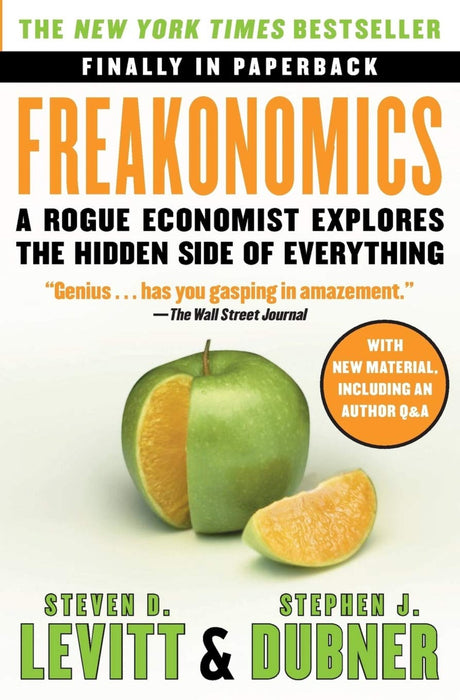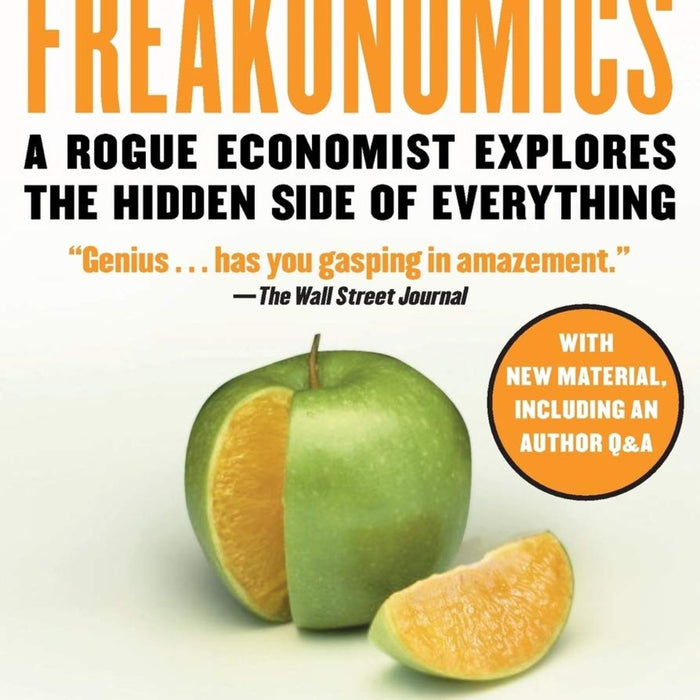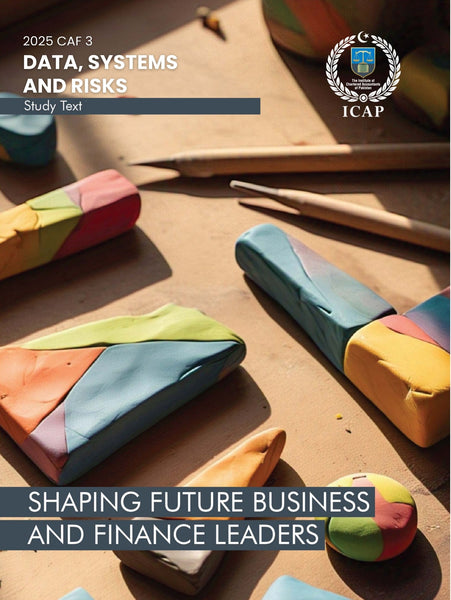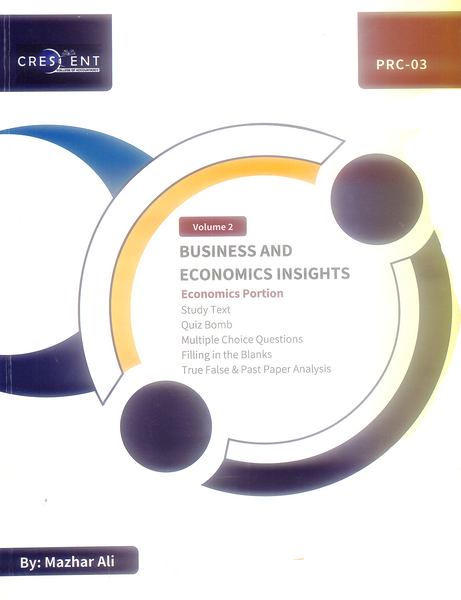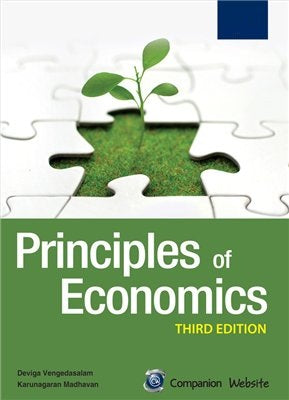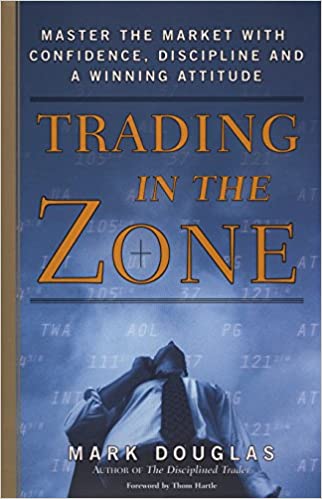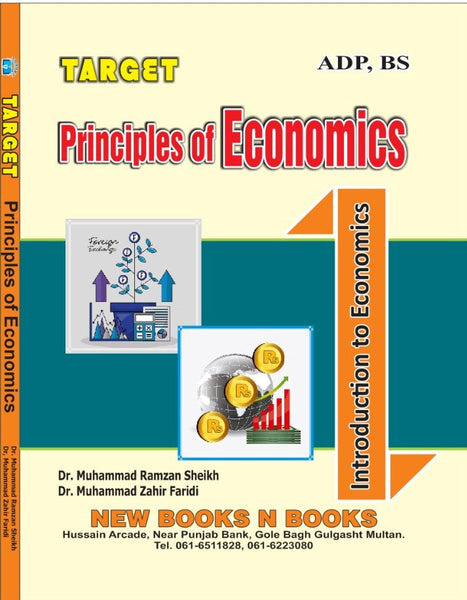Freakonomics: A Rogue Economist Explores the Hidden Side of Everything
- Publisher: ECONOMICS
- Availability: In Stock
- SKU: 45514
- Number of Pages: 315
Rs.1,195.00
Rs.1,595.00
Tags: Behavioral Economics , best books , Best Price , Best Selling Books , Book on Economics , Crime and Economics , Data-driven Economics , Economic Decisions , Economic Models , Economic Patterns , Economics Analysis , Economics and Crime , Economics in real life , Economics of Everyday Life , Freakonomics , Freakonomics 1st Edition , Freakonomics A Rogue Economist Explores the Hidden Side of Everything , Freakonomics and Society , Freakonomics book , Freakonomics by Stephen J Dubner , Freakonomics by Steven D Levitt , Freakonomics economics , Hidden Side of Everything , Hidden Truths in Economics , Incentives and Economics , Incentives in Economics , Microeconomic Insights , ONLINE BOOKS , Popular Economics , Rogue Economist book , Social Economics , Social Science books , Stephen J Dubner , Steven D Levitt , Unconventional Economics , Unseen Factors in Economics
Freakonomics: A Rogue Economist Explores the Hidden Side of Everything by Steven D. Levitt and Stephen J. Dubner is a groundbreaking work that challenges conventional thinking by examining the hidden economic forces behind everyday life. The book explores a wide array of topics, from school performance and crime rates to incentives, corruption, and the behavior of real estate agents. Through the lens of economics, Levitt and Dubner uncover surprising truths about human behavior and decision-making. By applying economic theory to unexpected subjects, Freakonomics engages readers in a thought-provoking exploration of the incentives that drive the world around us.
Key Points:
-
Economics of Incentives: Explains how incentives drive people's behavior and influence decisions in surprising ways, from teachers cheating on standardized tests to real estate agents selling homes for less profit.
-
Unconventional Thinking: Challenges traditional economic assumptions by applying economic theories to non-traditional subjects, uncovering unexpected patterns.
-
Data-Driven Insights: Uses statistical analysis and data to uncover hidden relationships in society, making complex issues more understandable and accessible.
-
Human Behavior: Focuses on the human side of economics, exploring how people’s choices are influenced by factors like fear, greed, and social norms.
-
The Hidden Side of Everything: Reveals how many social phenomena, such as crime and school performance, are shaped by economic forces that are often overlooked.
-
Exploring Crime and Punishment: Examines the economics behind crime trends, particularly the factors that led to the dramatic decrease in crime in the 1990s.
-
Crime vs. Abortion Debate: One of the book's most controversial arguments connects the legalization of abortion in the 1970s with the reduction in crime rates decades later.
-
Education and Incentives: Discusses how the educational system's incentives shape student behavior and the actions of teachers and administrators.
-
Information Asymmetry: Delves into how the imbalance of information in various markets, such as real estate or drug dealing, affects outcomes and prices.
-
Behavioral Economics: Explores the intersection of economics and psychology, demonstrating how people often act irrationally or counter to their self-interest.
Conclusion:
Freakonomics reshapes the way we view the world by applying economic analysis to a wide range of unexpected topics. Through engaging storytelling and thought-provoking data, Levitt and Dubner show that economics is not just about money and markets, but about understanding the hidden incentives that shape our decisions. The book offers a compelling invitation to rethink everyday phenomena and appreciate the hidden economic forces at play. Whether you're an economics enthusiast or a casual reader, Freakonomics provides a fresh perspective on the world.
════ ⋆★⋆ ═══
Writer ✤ Steven D. Levitt (Author), Stephen J Dubner (Author)

